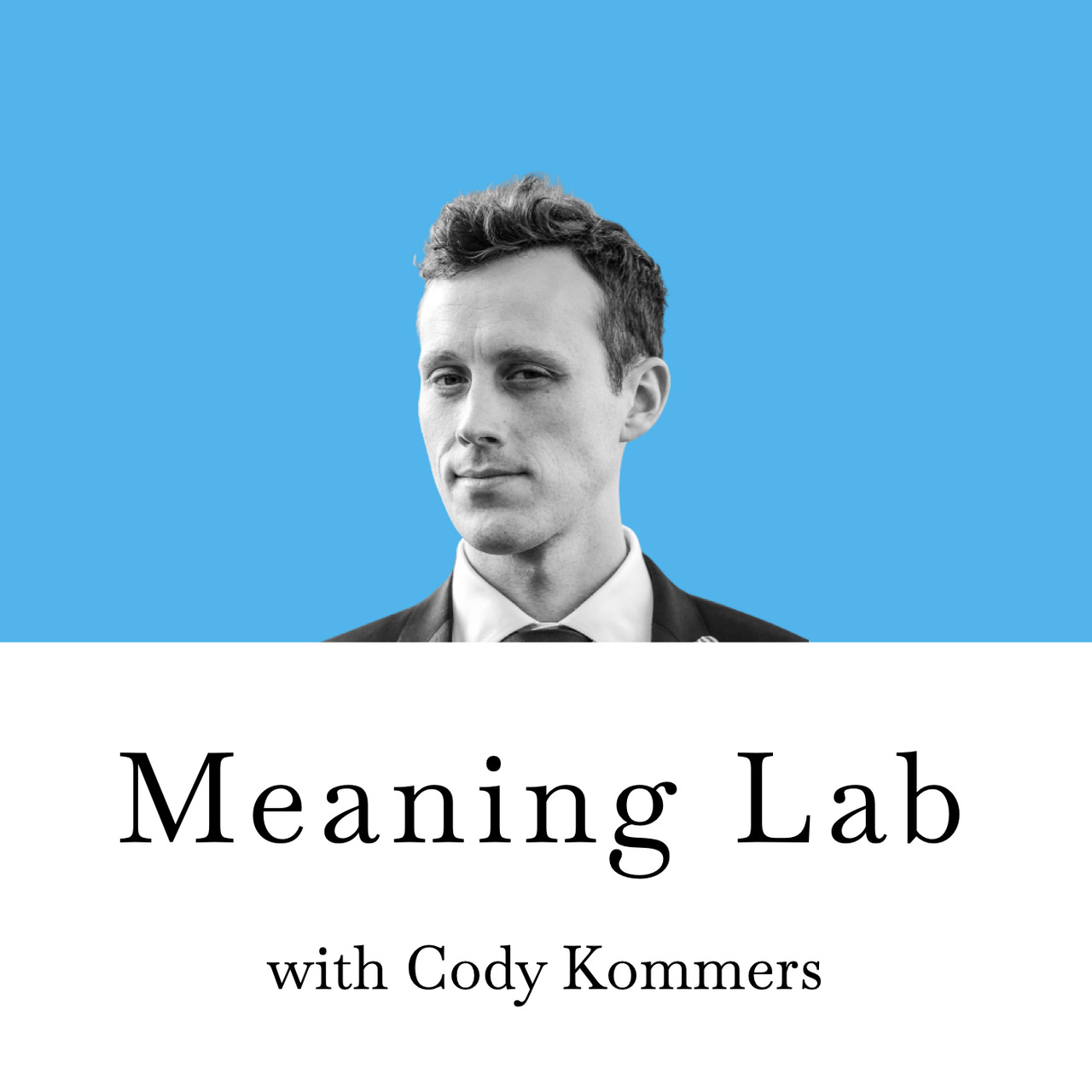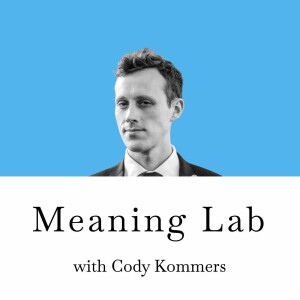
#99: There's a Reason You Can't Make Yourself Act like Everyone Else: You're Unique (feat. Chantel Prat)
 2023-01-03
2023-01-03
For many of us, there are moments of realization we’ve had where we can’t look at our lives, or what we do in them, the same way ever again. I’ve had many. As a cognitive scientist, one of those moments came from the realization that cognitive science—and psychology, and neuroscience—don’t tell us anything about individual human lives. They tell us about humans on average. The problem is that no one lives a life on average; they live a specific one.
We often hear about studies making claims like this is how people misjudge political opponents or this is how people respond to the suffering of others. Framed this way, it sounds like the scientists got people to line up, presented them with the task at hand, and they all more or less reacted to it in the way described by the headline. But that’s not the case. Not even close.
Those “findings” are statistical averages. Either the participants did what’s being described a little bit—not so much that you’d notice it in the individual but you can find the slight trend among many people. Or a handful of the participants did what’s being described enough to drown out the effect of whatever everyone else is doing. Think of it this way: If I say people, on average, are going north, then one way to support that finding is to have 50% of people go northeast and 50% of people go northwest. On average, that’s what people are doing: going north. But it’s not representative of the behavior of any single individual.
Another way to think about this is to ask who really takes the experience of individuals seriously: and the answer (the one I give, anyway) is novelists. Those are the people who are asking questions about what would happen if we follow the consequences of one particular person’s decisions really closely over the course of some significant portion of their life. Think about all the detail that’s included in even the simplest novel. In any given instance, a psychology or neuroscience experiment can only examine the smallest sliver of that.
As a consequence, we’ve been taught to think of the brain, the mind, behavior, intelligence—all these things—as a kind of monolith. There’s the Platonic mind with an IQ of 500, and one day artificial intelligence will realize that kind of perfection. But in the meantime we’re stuck here living our lives as imperfect approximations of that ideal. As it turns out, that’s just not the case.
And one of the ways we know that’s not the case is through the neuroscientific work of people like my guest today, Chantel Prat. Chantel is a professor of psychology at the University of Washington. She was one of the first guests I had on this podcast, and it remains one of my favorite episodes I’ve ever done. In that conversation, we talk about Chantel’s incredibly powerful story—with an unplanned pregnancy in grad school that changed her life for the better. The occasion for this episode is that she recently published a book, based on the work of her and her peers, called The Neuroscience of You.
In it, she makes a really important argument. We’ve been taught to think of there being one canonical brain, one wiring diagram, one set of processes known as the human mind. But there’s not. Just like there’s not one human genome. While in aggregate we can look at commonalities across our species, each of us has a unique genetic fingerprint. The brain works in the same way.
The big implication here is that all too often we look at our own behavior and wonder why we’re not more like someone else—why we can’t be as good, or as focused, or as kind, or as competent. It’s easy to overlook the simplest answer: we’re just different. Chantel’s work shows us that these differences are fundamental. Not in a way that’s unbridgeable and keeps us apart, but in a way that shows we have to appreciate others—and ourselves—for the specific things that make us us.
Chantel’s book is The Neuroscience of You: How Every Brain Is Different and How to Understand Yours. It’s out now.
This is a public episode. If you’d like to discuss this with other subscribers or get access to bonus episodes, visit codykommers.substack.com/subscribe
More Episodes
 2023-02-14
2023-02-14
 2022-12-16
2022-12-16
 2022-12-02
2022-12-02
Create your
podcast in
minutes
- Full-featured podcast site
- Unlimited storage and bandwidth
- Comprehensive podcast stats
- Distribute to Apple Podcasts, Spotify, and more
- Make money with your podcast
It is Free
- Privacy Policy
- Cookie Policy
- Terms of Use
- Consent Preferences
- Copyright © 2015-2024 Podbean.com





